Blog
A Beginner’s Guide To Solar Panel Efficiency
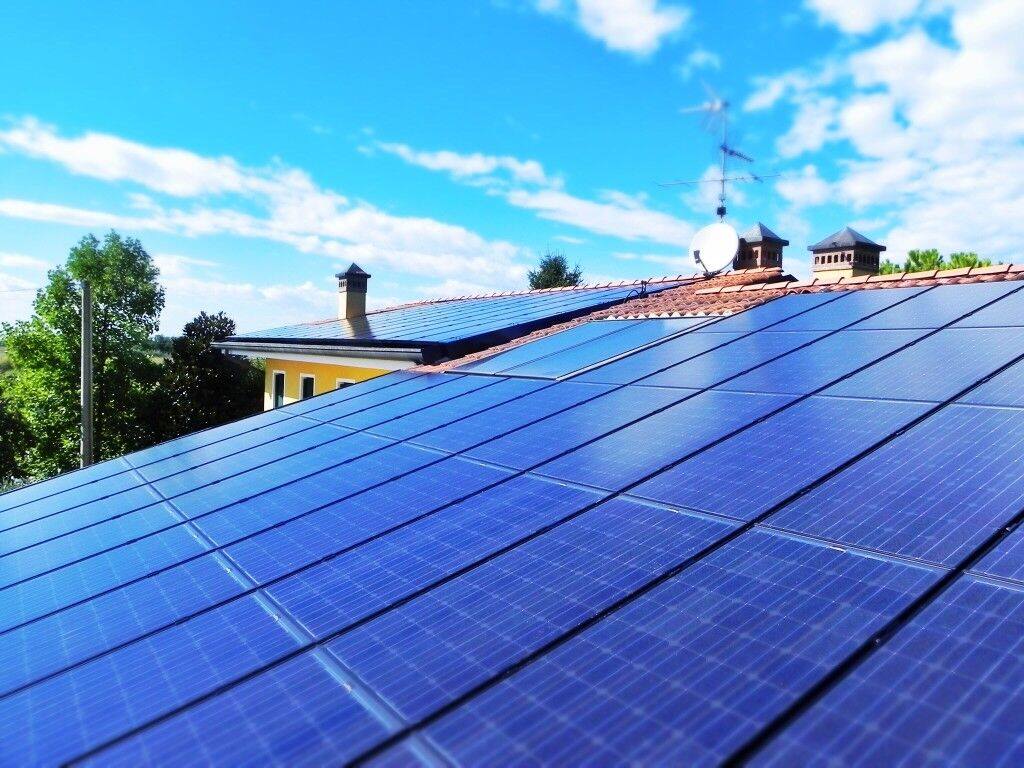
In an age where everyone is far more aware of the finite nature of the planet’s fossil fuels and the growing benefits of using more sustainable energy production methods, technology such as solar power is rising more and more to the forefront of people’s minds. There has been much talk about the efficiency of solar panel systems, which are designed to absorb energy from the sun’s rays and convert it into electricity for domestic or commercial premises. The prospect of choosing, installing and maintaining such a system can seem daunting at first; however, the investment in time and money will repay itself many times over during the course of its working life.
So, how does a solar panel work? It consists of row upon row of photovoltaic cells, which are the elements that change solar energy into electricity. They do this by allowing light particles or photons, or photons, to nudge electrons from atoms, thus creating an electricity flow. This electricity is then transferred to the building’s power network and used to power heating, lighting etc. Another benefit of the system is that any electricity that is not used straight away can be stored for use when solar energy is less evident or absent, such as during dull weather or at night.
What is the most efficient solar panel?
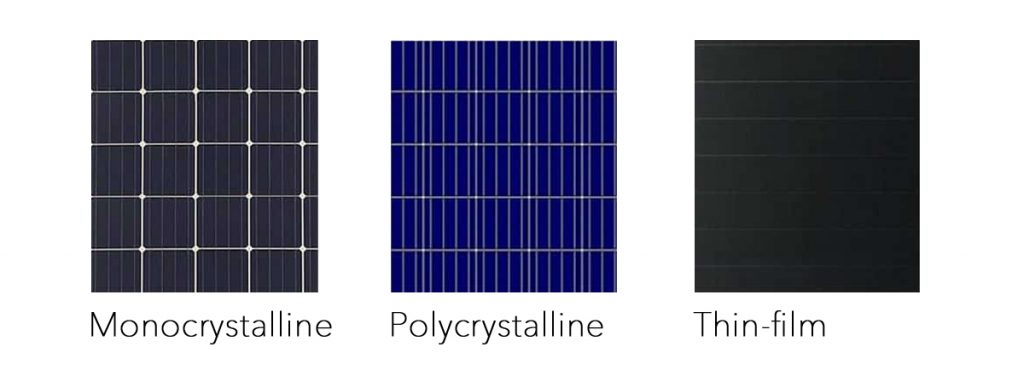
When considering which type of sustainable energy solution to buy, it is worth carrying out plenty of research. For example, there is a wealth of information available online around efficiency measures, including solar panel efficiency formula and solar panel efficiency calculator applications that allow you to work out how much money you can save over the longer term.
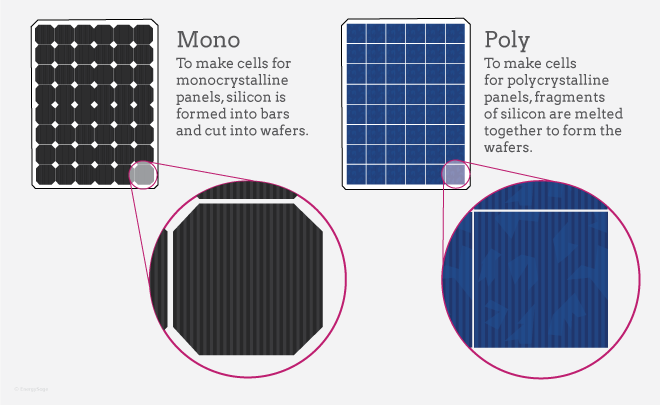
From a technical point of view, there are three main types of solar panels currently available on the market. The type you select will depend on what your individual set-up is and what your expectation is for your preferred system.
Monocrystalline Solar Panels
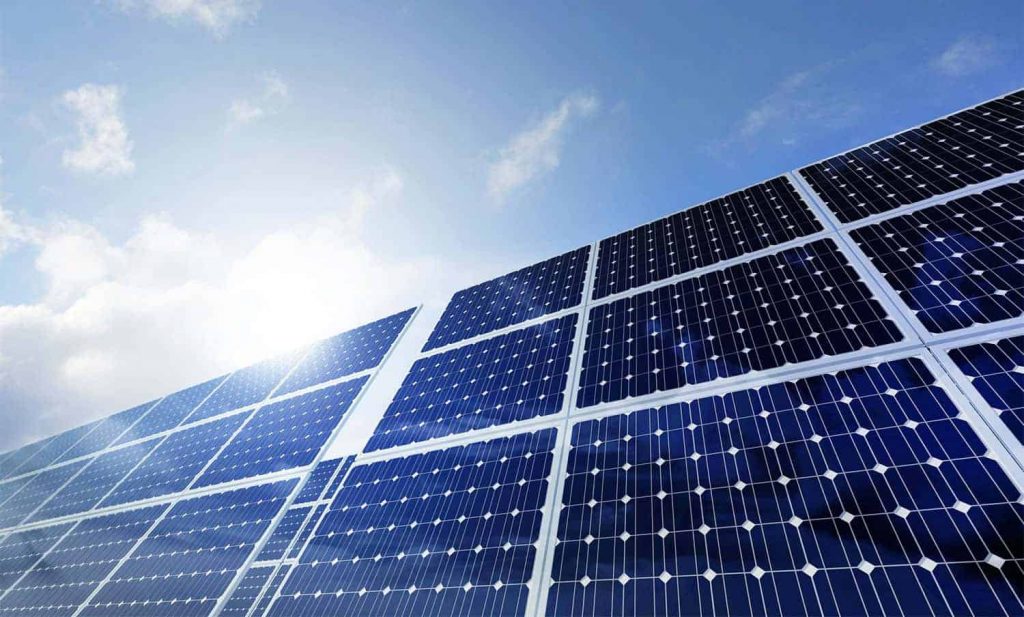
Monocrystalline solar panels are the most established type and the oldest form of this technology. They are made from pure silicone with a solid crystal shell around it called an ingot. Each ingot is thinly sliced and shaped into individual cells which line up together to form a solar panel. Due to the way that the silicon interacts with sunlight, these panels appear pure black. They can achieve efficiency rates of more than 20 per cent.
Polycrystalline Solar Panels
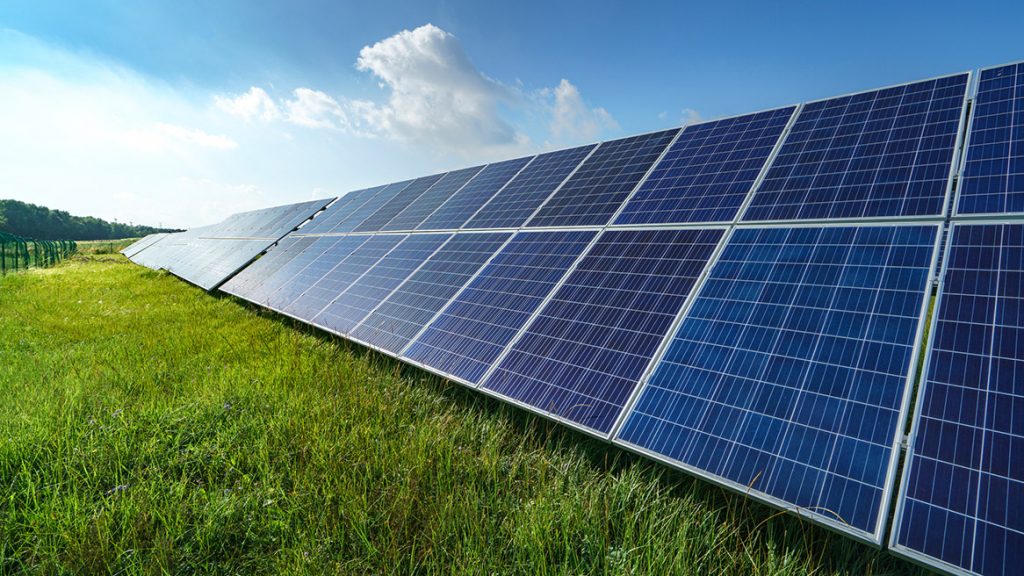
Polycrystalline is also constructed from silicon crystals, but the separate cells are made from fragments that are melted together and created without the ingot covering. They appear blue when installed and are less costly to install than their monocrystalline alternatives. Their efficiency is slightly lower than monocrystalline versions, coming in at around 15 to 17 per cent, thus producing slightly less power.
Thin-Film Solar Panels
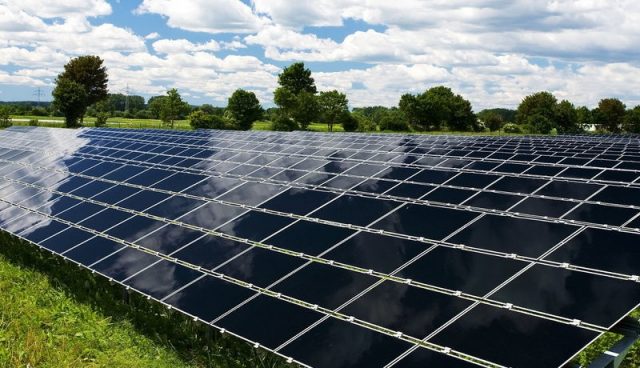
Finally, there is the thin-film variant, which is the newest arrival on the scene. These panels are not always made from silicon; they can also be formed from other materials, such as cadmium telluride or copper indium gallium. The chosen material is then placed between thin, conductive sheets and topped with glass for maximum protection. This type offers around 11{0235f1e8f1c1ed5f0604f55495b394c6a12c1c903d3c683c8f1dd580b63f851d} efficiency but allows greater
versatility when it comes to fitting the panels, as they don’t come in a standard size. It is also worth noting that some models can produce more power than others.
Are newer solar panels more efficient?
Despite the figures quoted in the paragraph above that indicate the best solar panel efficiency over time comes from the monocrystalline version, it is still worth keeping an eye on the newer materials too, as progress is being made all the time when it comes to improving efficiency, resilience and performance. It is also important to consider other factors, such as cost, aesthetics, ease of installation and longer-term expectations from the system. With so many aspects to consider, it is certainly worth speaking to a solar panel efficiency expert to ensure that you make the right choice for your property.

